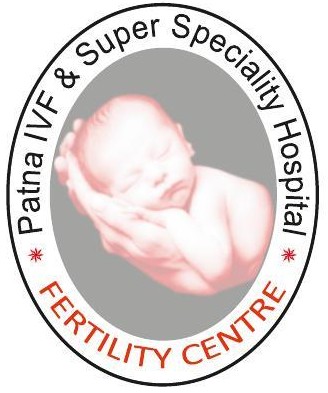What is PCOS?
Polycystic Ovary Syndrome, or PCOS, is a common health problem. It affects women of childbearing age. In fact, PCOS can cause hormone changes in the body. These changes may lead to missed periods, extra hair growth, or trouble getting pregnant. According to the CDC, PCOS is one of the main causes of infertility in women. However, with the right care, many women manage PCOS well.
Common Symptoms of PCOS
PCOS symptoms can vary from person to person. Some women may have only a few signs, while others notice many. Still, knowing the common symptoms can help you spot PCOS early. Here are some signs to watch for:
Not everyone with PCOS will have all these symptoms. Yet, if you notice several of them, it is wise to talk to your doctor.
Causes and Risk Factors
Doctors do not know the exact cause of PCOS. Even so, several factors may play a role. For example, genetics can increase your risk. If your mother or sister has PCOS, you may be more likely to have it too. In addition, high levels of certain hormones, like insulin and androgens, can lead to PCOS symptoms. Insulin helps control blood sugar. But, when the body does not use insulin well, it can cause hormone changes. This may lead to PCOS. Other risk factors include being overweight and having a family history of diabetes.
How is PCOS Diagnosed?
Doctors use several steps to diagnose PCOS. First, they ask about your symptoms and medical history. Next, they may do a physical exam. Often, blood tests check hormone levels. In many cases, an ultrasound looks for cysts on the ovaries. However, not all women with PCOS have cysts. According to the CDC, a diagnosis usually needs at least two of these signs:
If you wonder, “How is PCOS diagnosed?” remember that only a doctor can confirm it. Early diagnosis can help you manage symptoms better.
Treatment Options for PCOS
There is no cure for PCOS, but many treatment options can help. Your doctor will suggest a plan based on your symptoms and health goals. Treatment often includes both medical and lifestyle changes.
Medical Treatments
Lifestyle Changes
With the right PCOS treatment options, many women see big improvements in their symptoms.
Tips for Living with PCOS
Living with PCOS can be challenging, but you can take steps to feel better. For instance, staying active helps control weight and boosts mood. Also, eating healthy foods supports hormone balance. Here are some helpful tips:
Remember, you are not alone. Many women are living with PCOS and finding ways to thrive.
Prevention and When to Seek Help
There is no sure way to prevent PCOS. Still, healthy habits can lower your risk. For example, keeping a healthy weight and staying active may help. If you notice signs like irregular periods or extra hair growth, do not wait. Early action can make a big difference. You should see a healthcare specialist if:
Getting help early can prevent long-term problems. For more information, visit trusted sources like the CDC or WHO.
Conclusion
PCOS is a common condition, but it can be managed with the right care. Although symptoms may be different for each person, early diagnosis and treatment help. If you think you may have PCOS, consult a healthcare specialist for personalized advice on PCOS.

